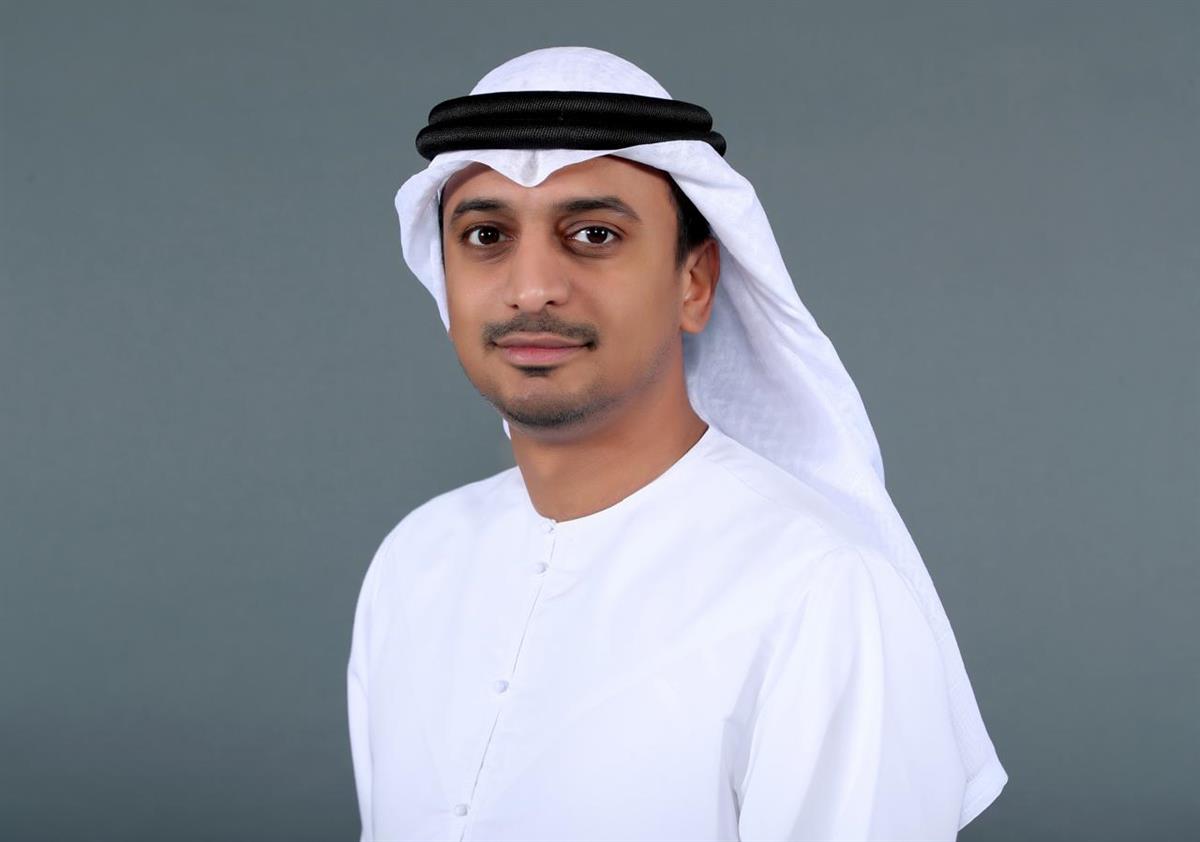Ali Al Khaja, CEO of Artificial Intelligence at Digital Dubai, emphasized that artificial intelligence (AI) is one of the key pillars in achieving the digitization of life in Dubai. He noted that this stems from the Emirate’s commitment to applying the latest technologies to serve people and realize its vision of a fully digitized lifestyle aimed at making life easier and strengthening the foundations of a dynamic and attractive digital economy.
Speaking to Al Bayan, he said:
"The Foundation is working on launching pioneering projects to enhance digital infrastructure and develop policies and legislation that support the safe and effective adoption of AI technologies. Our goal is to build an integrated ecosystem that accelerates innovation and transforms Dubai into a hub for global talent and companies in this vital field."
He added that AI enjoys the full support of the leadership, highlighting that the launch of the Dubai Centre for Artificial Intelligence Use Cases marks a pivotal step in increasing the adoption of these technologies. This initiative reinforces Dubai’s global leadership and its positioning as a beacon of creativity and innovation, setting the stage for Dubai and its government to become global leaders in leveraging AI technologies in preparation for the major transformations ahead across various sectors.
Al Khaja explained that the strategy of the Centre mandates the establishment of specialized AI teams within every government entity to improve government services. This includes training 1,000 government employees on the use of AI technologies, launching 20 pilot projects, and forging partnerships with 20 specialized startups — all with the goal of increasing government employee productivity by 20%.
He further noted that Digital Dubai is contributing to the strategic objectives of this initiative by collaborating with local government entities and leading global companies across various sectors to prepare for the rapid transformations the sector is experiencing, in alignment with Dubai’s societal vision. He pointed out that the organization plays an active role in raising awareness about the importance of AI and in developing the skills of teams across the Authority and the wider community.
Al Khaja reaffirmed the Foundation’s commitment to transforming Dubai into a seamless, efficient, and well-organized experience for citizens and visitors alike. He explained that this commitment led to the establishment of an AI Lab in partnership with IBM, alongside a wide network of partners from both the public and private sectors. This initiative aims to embed AI as a core component of the city’s operations and to explore new pathways for building a promising and innovative future.
He said:
"It is essential to understand the broader picture of decision-making within the government ecosystem of the Emirate — one that is characterized by speed, efficiency, precision, and flexibility."
He added that Dubai today has become a global AI hub, and that Digital Dubai is a key partner in strengthening the Emirate’s global standing by working closely and continuously with stakeholders across different sectors.
He stressed that decision-making must be based on accurate and well-studied data, and that this is where data systems and analytics come into play — providing decision-makers with clear insights that empower them to make the right decisions.
Al Khaja also emphasized that AI technologies have become an integral part of government operations in Dubai, enabling real-time data analysis, trend forecasting, and service optimization — ultimately allowing for personalized services for each individual. He highlighted that AI applications are now a core element of current and future strategic plans across all institutions, contributing significantly to government efficiency, improving people’s lives, and strengthening the digital economy in alignment with the goals of Dubai Economic Agenda D33.
He concluded by stating that the Foundation has ongoing plans and programs to implement the latest generations of AI, particularly Generative AI and Agentic AI — considered the core of the smart city, where systems operate in harmony and inclusivity to serve humanity.




